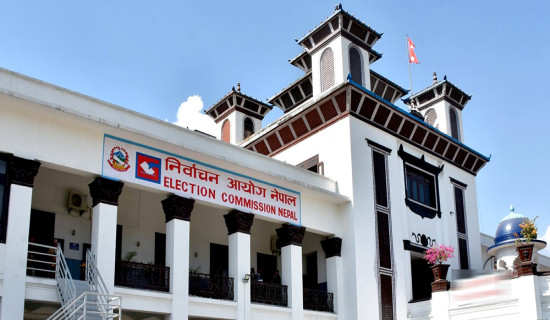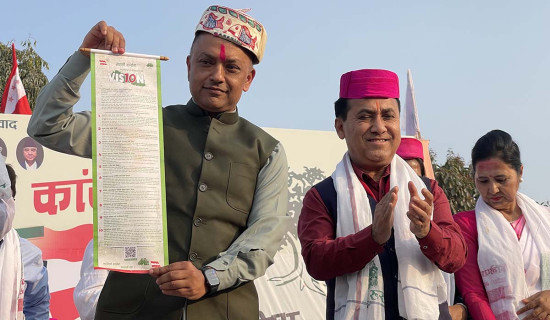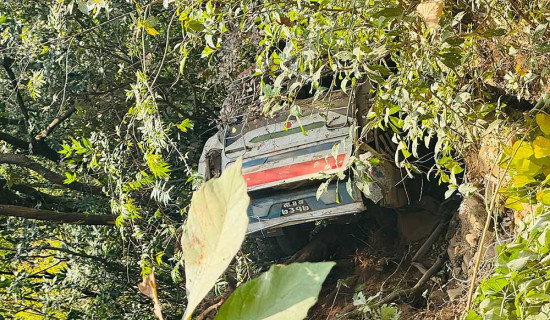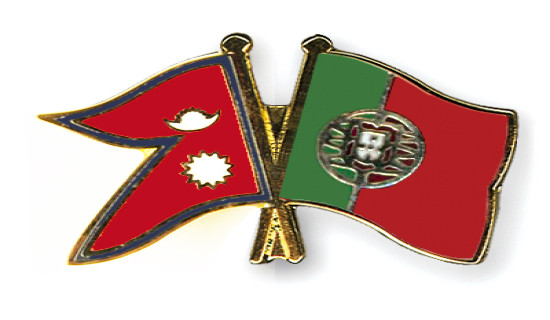- Thursday, 19 February 2026
Promote Value System
Parmeshwar Devkota
As the local election is nearing, political parties are intensifying their activities nationwide. They are busy holding closed-door parleys to pick the candidates recommended by the lower committees. At the same time, the parties have also formed strategic alliances to gain more votes.
This has naturally impelled the foot soldiers to launch a door-to-door campaign to woo the hearts of electorates, thereby setting the tempo for the May 13 local elections.
The poll fervour has gripped both rural and urban constituencies. Local intelligentsia, teachers, labourers and farmers are assessing the past activities of the parties.
The common voters seem to be making up their minds to shift their political allegiance.
A person vying for the ticket of ward chairman in a municipality on the outskirts of the Kathmandu Valley admitted that if his party picked him as the candidate for the same post, he would borrow a huge amount of money to splurge in the polls. When asked if he would use the money to influence the voters, he replied in the negative.
But he added that the voters demand to spend for sports clubs, community welfare and charity institutions. This is like a financial trap set up by the voters, he lamented. He went on to say that even the family members of the candidates have a tendency to get involved in collecting donations. He indicated that without money, nobody was ready to move for the election campaign.
Recently, CPN Maoist Centre chairman Pushpa Kamal Dahal Prachanda, speaking in a TV talks show, complained that the elections have unbearably become an expensive affair. Some online media have claimed that some political leaders are seeking donations from potential mayoral candidates.
If the party tickets are sold to those with fat wallets, it will have a detrimental impact on political culture and democracy. This will eventually spawn Socratic pessimism.
In his book ‘A Critical History of Greek Philosophy’, W.T. Stace argues that Socrates was pessimistic about democracy.
According to him, demagogues, smooth-talking people and wealthy and charismatic ones alone prevail in the elections because they can easily bribe the meek and uneducated voters. Common voters will elect a sweet-shopper rather than a doctor, eroding the basic freedom of the civilians.
So, the political parties and leaders must work to establish a value system. They should judge their workers by their past performance.
Candidates must be selected on the basis of their dedication rather than the financial contributions they make to the parties. It is our responsibility to prove that Socrates was wrong.
The voters should also stop forcing candidates to pay for votes.
They should evaluate candidates based on their past deeds, political ethics, commitment to the wellbeing of society and establishment of a value system. Candidates and voters must strive to prove that democracy is the best form of governance that alone can lead the nation towards stability and prosperity.









-original-thumb.jpg)

-original-thumb.jpg)





